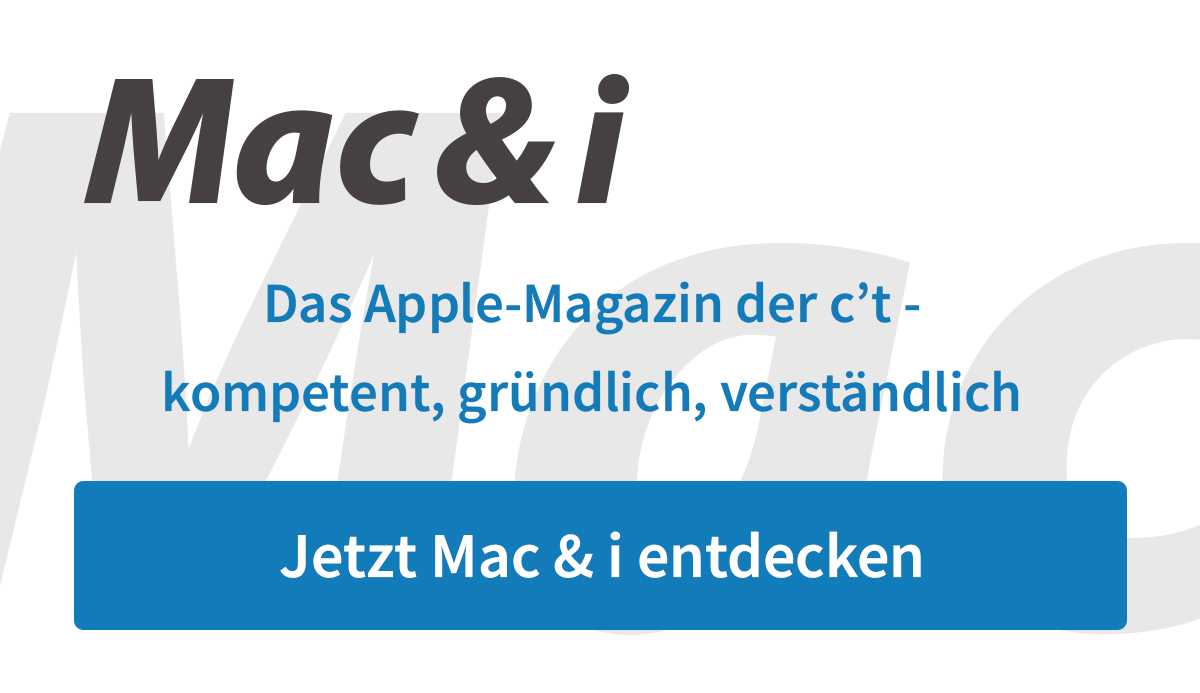A few years ago, Anna Neovesky would certainly never have dreamed that one day, when asked about her favorite API at an Apple developer roundtable, she would be happy to talk about the advantages of the Swift Charts programming interface for displaying charts. The historian specializing in the Middle Ages only really got into programming through her studies. A good idea and their own need for a language learning app ultimately motivated them and their colleagues to launch an app. Now, together with other developers, she was the focus of journalists at the media event in Berlin. Also attending was Susan Prescott, Apple’s vice president of Worldwide Developer Relations and Enterprise & Education Markets.
Today is the language learning app Wokabulary in demand worldwide and for Anna and her co-developers a sideline that they are constantly expanding. Unlike other language learning apps, Wokabulary is a flashcard aimed at managing and practicing your own vocabulary. The app is also used for rare and dying languages, for example, to preserve vocabulary and share it with others.
Funding programs increasingly important
People like stories like this at Apple: What used to be the dishwasher who became a millionaire is now, according to the US company’s narrative, the developer who celebrates great success with a good idea in the App Store. In the age of data carriers, software developers generally needed a publisher who was willing to put their work on the shop shelves, but the age of apps promises quick, self-determined and simple distribution of software. Apple not only sees itself as a pioneer by providing the infrastructure for shop windows, downloads and billing, but also gives aspiring new developers a hand with special support programs. Of course, the success of the developers also benefits Apple: 15 to 30 percent of the sales go to the company as an App Store commission. Anna Neovesky also attended such a funding offer with the Apple Entrepreneur Camp.
However, help is now often needed when talking to developers of small apps. The offer, which has grown significantly over the years, and the professionalization of the app stores with financially strong providers have now replaced the apparent simplicity of the early days with new challenges. The developer tools have gotten better and easier over the years – for many it is easier than ever to get started. But good ideas and programming skills are no longer required, but also knowledge of marketing and design, for example, so that a good app really finds its audience. And very important and, according to several developers, indispensable is attention from Apple, for example in the form of an editorial presentation in the App Store.
Quarter of the participants from Germany
Apple’s best-known start-up program is the App Store Foundations program, which is now five years old. The tailor-made training program aims to increase the reach of apps. App Store executives advise attendees on how to get even more out of their apps and developer toolkit, the APIs. The program also helps with a network of contacts: firstly to Apple, secondly to other participants. According to the company, German developers in particular have often benefited from this. 250 of the 1100 participants so far came from Germany. Two of them, Kai Koch and Cornelius von Rantzau, were also present at the developer roundtable at the meeting in Berlin.
In der App Ahead, in which Kai Koch is a co-founder, is about strengthening emotional intelligence. Currently, the app focuses on how to keep a cool head when faced with a problem situation. More feelings are to follow. For the law graduate, assistance with the user interface was particularly helpful, he says. There are big differences between what, according to general teaching, makes an app easy to use and what people really like, he says. The app from Germany is particularly successful in the USA: the majority of users come from there, Germany is in second place.
Participants are selected by Apple
Cornelius von Rantzau remembered the tips for users when setting up the app for the first time as particularly helpful. If it takes too long for users to complete the first set-up after installation, some will already drop out again. But feedback on the design and, of course, the features in the App Store would have helped a lot, he reports. His app called Yuno offers audio stories to expand general knowledge. These are written and recorded by professional writers and speakers. Users can then buy them in the app. Half of the users are currently located in the USA and half in Germany.
There is no general access or application form to the App Store Foundations program. To be invited, an existing app in the App Store is required. Apple selects promising candidates itself and specifically addresses them. If you are not one of them and would like to keep up to date as a developer, you can, for example, watch the sessions of the annual developer conference WWDC. The next conference will take place in early June. Susan Prescott promises that it will be “the biggest and most exciting event to date”. For the Apple Entrepreneur Camp, which targets underrepresented populations, However, an application is possible.
Tip for future developers
The general challenges that stand in the way of a new app developer are diverse, the three report: As a general tip, the conversation crystallizes that the main thing is to stay focused. This is necessary in the preparations for launching the app if there are uncertainties as to whether the idea is really good. And that is also required when the first user feedback arrives, which, despite its usefulness, can also lead to losing sight of one’s own plans. But here, too, they found in discussions with other developers during the further training programs that many had had very similar experiences.

(mki)

